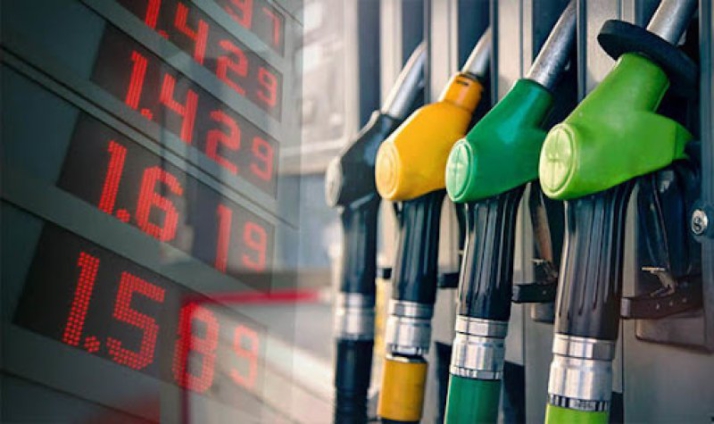Executive Director of the Institute of Energy Security (IES), Nana Amoasi VII, says deregulating the petroleum industry is not an answer to the skyrocketing fuel prices.
According to him, deregulation is not responsible for the fuel price hikes as the situation is a direct result of the poor performance of the cedi against the dollar and also global market prices.
He noted that tampering with the existing deregulation policy now would negatively affect.
“The deregulation is to ensure that there is full cost recovery and that government is not paying any subsidies that will go and compound the energy sector debts.
"And so the deregulation is to ensure efficiency for all the players on the market and also to ensure that, traders or the distributors and the marketers get their fair share of the margin on each product and also to ensure that we have some form of supply stability and so it’s not something that we’ll push for the deregulation to go.
“It is something that has come to stay and it is helping very well. For the past six years, the BDCs and the marketers have been the ones that have held us and ensured that we have a consistent supply of products on the market because the system or the era of subsidies is gone and government owes them less or owes them nothing at all and so they can put more on the market.”
Nana Amoasi VII stressed that deregulation should not be blamed for the fuel price hikes stating that the deregulated market has rather contributed to a more stable petroleum economy since its inception in 2015.
He has rather advised that government properly manage the nation’s forex and find a solution to the depreciating cedi to ease the situation.
“Nobody should blame deregulation for the price increase we are seeing at the pump because in May 2015 when deregulation kicked in up to the end of 2016, fuel price was almost stable.
"When deregulation started, Goil was selling at around ¢3.4 per litre. At the end of 2016, it was selling for ¢3.70 per litre and so we cannot blame deregulation for what we are seeing currently.
“We should rather be concerned about our forex and be concerned about the international prices and how we would want to mitigate it. Is it through BOST? Is it through TOR? Or through the price stabilization and recovery levy? This is where we should be concerned with,” he said.
Latest Stories
-
Voice of America channels fall silent as Trump administration guts agency and cancels contracts
8 hours -
Cybersecurity awareness initiative equips students with essential digital skills
8 hours -
Government’s proposed 80% transfer of mineral royalties sparks controversy
8 hours -
Time to impose strict debt ceiling to curb Ghana’s ever rising debt:– Prof Peter Quartey
12 hours -
Ghana’s Rising Debt: It’s difficult to justify that we borrowed for sustainable development – Prof Peter Quartey
12 hours -
#GPL 2024/25: Hearts stumble in title race as Dreams snatch shock win
13 hours -
Brentford beat Bournemouth for fifth straight away win
14 hours -
Man City drop points at home against Brighton
14 hours -
Mbappe double sparks Madrid comeback win over Villarreal
14 hours -
Capt. Georgina Jopap grabs maiden Nana Konadu Agyeman-Rawlings Legacy Award
14 hours -
Coalition of Anti-Galamsey Executives urges action on galamsey, demands probe into politically linked miners
14 hours -
We can only wish Dampare well and appreciate his services – Felix Kwakye Ofosu
14 hours -
Proper oral hygiene impacts overall well-being – Dr. Louisa Satekla
15 hours -
Ken Ofori-Atta sues OSP for declaring him wanted
15 hours -
CRS donates 20 modified motor-tricycles ambulances to improve emergency healthcare
15 hours

